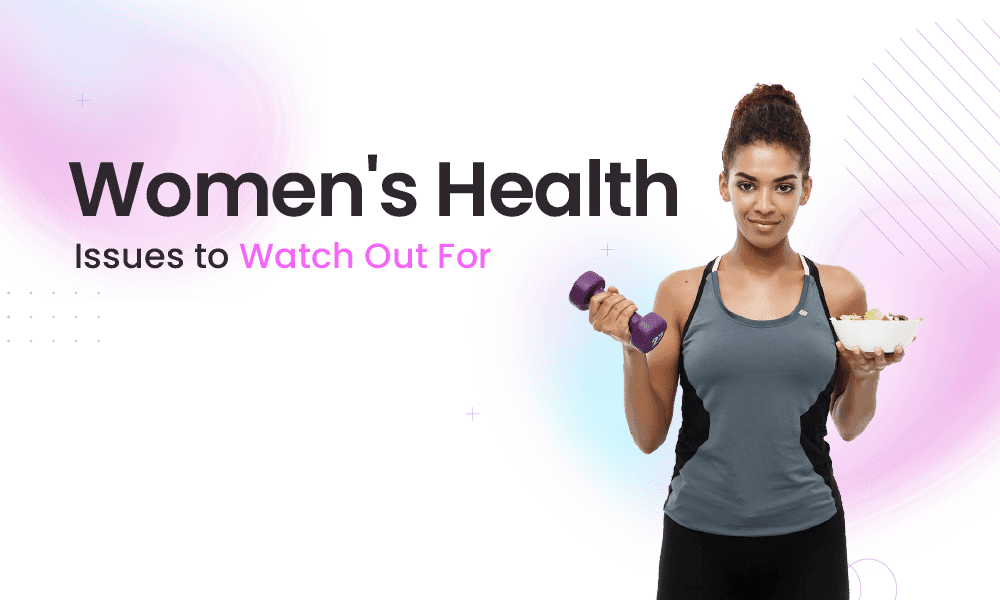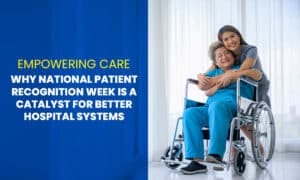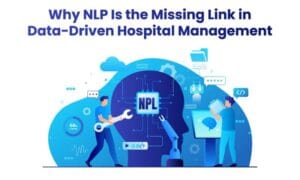
Ladies, let’s have an honest conversation about something that affects every single one of us – our health. Did you know that 40% of women in the UK have a health condition, and another 10% are currently experiencing an undiagnosed health condition but haven’t sought medical advice yet? That’s half of all women dealing with health challenges, many in silence.
Here’s the thing that might surprise you: Women’s Health isn’t just about reproductive issues or the occasional check-up. We’re talking about a complex web of physical, mental, and emotional well-being that’s uniquely ours. The statistics are eye-opening. Young women in particular have been identified as a high-risk group, with over a quarter (26%) experiencing common mental disorders such as anxiety or depression, compared to 9.1% of young men. Meanwhile, 31% of women experience severe reproductive health problems, but under half seek help. These aren’t just numbers – they represent millions of women who might be struggling with health issues that could be prevented, managed, or treated more effectively with the right knowledge and support. Understanding what to watch out for isn’t about creating worry; it’s about empowering you with the knowledge to take charge of your health and live your best life.
Mental Health: The Silent Struggle
Mental health issues affect women differently from men, and it’s crucial to recognise the warning signs early. Around one in five women has a common mental health problem, such as depression and anxiety.
Key warning signs to watch for:
- Persistent feelings of sadness lasting more than two weeks
- Loss of interest in activities you once enjoyed
- Extreme fatigue or lack of energy
- Changes in appetite or sleep patterns
- Increased irritability or mood swings
66.5% of those referred to talking therapy services in 2022/23 were women, highlighting how prevalent these issues are. What’s particularly important to understand is that seeking help for mental health isn’t a sign of weakness – it’s a sign of strength and self-awareness.
Reproductive Health: Beyond the Basics
Reproductive health extends far beyond pregnancy and contraception. Many issues can significantly impact your quality of life if left unaddressed.
Common issues to monitor:
- Irregular or extremely painful periods
- Heavy bleeding requiring hourly protection changes
- Severe PMS or PMDD symptoms
- Unusual discharge, itching, or pain
- Difficulty conceiving after 12 months of trying
Endometriosis affects roughly 10% of women of reproductive age, yet it takes an average of 7-8 years to get a proper diagnosis. The key message here is that severe pain or symptoms that disrupt your life aren’t normal and deserve medical attention.
Heart Health: The Overlooked Risk
Heart disease is the leading cause of death for women, yet many don’t recognise the symptoms or realise they’re at risk. Women’s Health awareness around cardiovascular issues is crucial because women often experience different symptoms than men.
Heart disease warning signs in women:
- Chest discomfort, feeling like pressure or squeezing
- Pain in the neck, jaw, shoulder, or upper back
- Shortness of breath with or without chest discomfort
- Nausea or unusual fatigue
Women are more likely to experience subtle symptoms that might be mistaken for other conditions. The good news is that heart disease is largely preventable through lifestyle choices like regular exercise, a balanced diet, and not smoking.
Bone Health: Building Strength for Life
Osteoporosis affects women disproportionately, with women being four times more likely to develop the condition than men. This “silent disease” often goes unnoticed until a fracture occurs.
Risk factors and warning signs:
- Family history of osteoporosis
- Early menopause (before age 45)
- Long-term steroid use
- Loss of height or curved spine development
Prevention should start early through weight-bearing exercises, adequate calcium and vitamin D intake, and avoiding smoking. Regular bone density screenings are recommended for women over 65, or earlier if you have risk factors.
Cancer Screening: Early Detection Saves Lives
Cancer screening is one of the most powerful tools in Women’s Health prevention. Regular screenings can detect cancers before symptoms appear, when they’re most treatable.
Essential screenings for women:
- Cervical screening (smear tests) every 3-5 years for women aged 25-64
- Breast cancer screening (mammograms) for women aged 50-70
- Monthly breast self-examinations for all adult women
- Skin cancer checks, especially with many moles or fair skin
What many women don’t realise is that breast cancer can occur at any age. Knowing your breasts and what’s normal for you is crucial. Early detection dramatically improves treatment outcomes and survival rates for most cancers.
Hormonal Health: The Body’s Chemical Messengers
Hormonal imbalances can affect virtually every aspect of a woman’s health, from mood and energy to weight and sleep patterns.
Signs of hormonal imbalance:
- Unexplained weight gain or difficulty losing weight
- Severe fatigue not improved by rest
- Mood swings, anxiety, or depression
- Sleep disturbances
- Hair loss or excessive hair growth
- Changes in libido
Hormones fluctuate naturally throughout your menstrual cycle, during pregnancy, and through menopause. However, significant disruptions can indicate underlying health issues like thyroid disorders or PCOS. If you’re experiencing persistent symptoms that affect your quality of life, discuss hormonal testing with your healthcare provider.
Autoimmune Conditions: When Your Body Attacks Itself
Women are significantly more likely to develop autoimmune conditions, where the immune system mistakenly attacks healthy tissues.
Common autoimmune conditions in women:
- Rheumatoid arthritis: Joint pain, stiffness, and swelling
- Lupus: Fatigue, joint pain, and skin rashes
- Thyroid disorders: Weight changes, fatigue, and mood alterations
- Multiple sclerosis: Numbness, weakness, and vision problems
What makes autoimmune conditions challenging is that symptoms can be vague and intermittent. Many women dismiss early symptoms as stress or being “run down.” However, early diagnosis and treatment can significantly improve outcomes.
Taking Charge: Your Health Action Plan
Understanding potential Women’s Health issues is just the first step. Taking proactive action transforms knowledge into better health outcomes.
Creating your personal health strategy:
- Establish relationships with healthcare providers you trust
- Keep track of your menstrual cycle and any changes
- Schedule and attend regular screenings
- Maintain a healthy lifestyle with exercise and balanced nutrition
- Don’t ignore persistent symptoms
Remember that you know your body better than anyone else. If something doesn’t feel right, trust your instincts and seek medical advice. Keep a health diary noting symptoms and patterns – this information can be invaluable during medical appointments.
Moving Forward with Confidence
Women’s Health is complex and uniquely important. By understanding what to watch for and taking proactive steps, you’re investing in your long-term well-being and quality of life.
The statistics we’ve discussed aren’t meant to frighten you, but to empower you with knowledge. When you know what to look for, you can catch potential issues early when they’re most treatable.
Remember that healthcare is a partnership between you and your medical team. Come prepared with questions, be honest about your symptoms, and don’t hesitate to seek second opinions if needed.
Your health journey is unique to you. What matters most is that you’re informed, proactive, and committed to taking care of yourself. After all, taking care of your health enables you to be there for all the people and activities that matter most to you.
Stay informed, stay proactive, and remember that prioritising your health isn’t selfish – it’s essential.
Sources-





